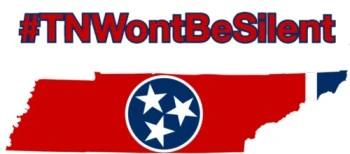Social Media
Since the 2000s, social media has grown and evolved into our society. It has become a main form of communication, allowing people to share details of their lives, receive news from around the world, advertise to the public and so much more. It is known that social media has had many benefits on our society and the people that utilize it, but there are also so many negative aspects to it as well.
Today, social media introduces numerous new risks to our younger generation’s mental health. Our youth have an unprecedented amount of access to digital content right at their fingertips, and the content will not always have the most positive impact or message. Online, our children are being fed content that shows a curated version of life, where scenery is prettier and more colorful, abnormal beauty standards are set from altered images, and places you must visit just to get the perfect photo. Social media has opened a door for major mental health concerns in our children, including depression, eating disorders, self-harm, and suicide. For the last 10 years, the National Suicide Prevention Lifeline has worked with social media platforms to establish ways to intervene and help in suicidal situations. Facebook, Twitter, Instagram, Tiktok, and so many other platforms have ways of reporting people that might need assistance to the company, or even provide you with content to intervene yourself if comfortable. To learn more about these tools, visit Support on Social Media : Lifeline (suicidepreventionlifeline.org)
These mental health issues only seem to grow bigger as time goes on, and it is important to educate our society on ways to assist a loved one that may need help. With school being out for the summer, The Jason Foundation encourages parents to research and learn more about warning signs and behaviors that might indicate that their child may be struggling mentally. Take advantage of this time to participate in activities, where your family can disconnect from the web, and reconnect with each other.

